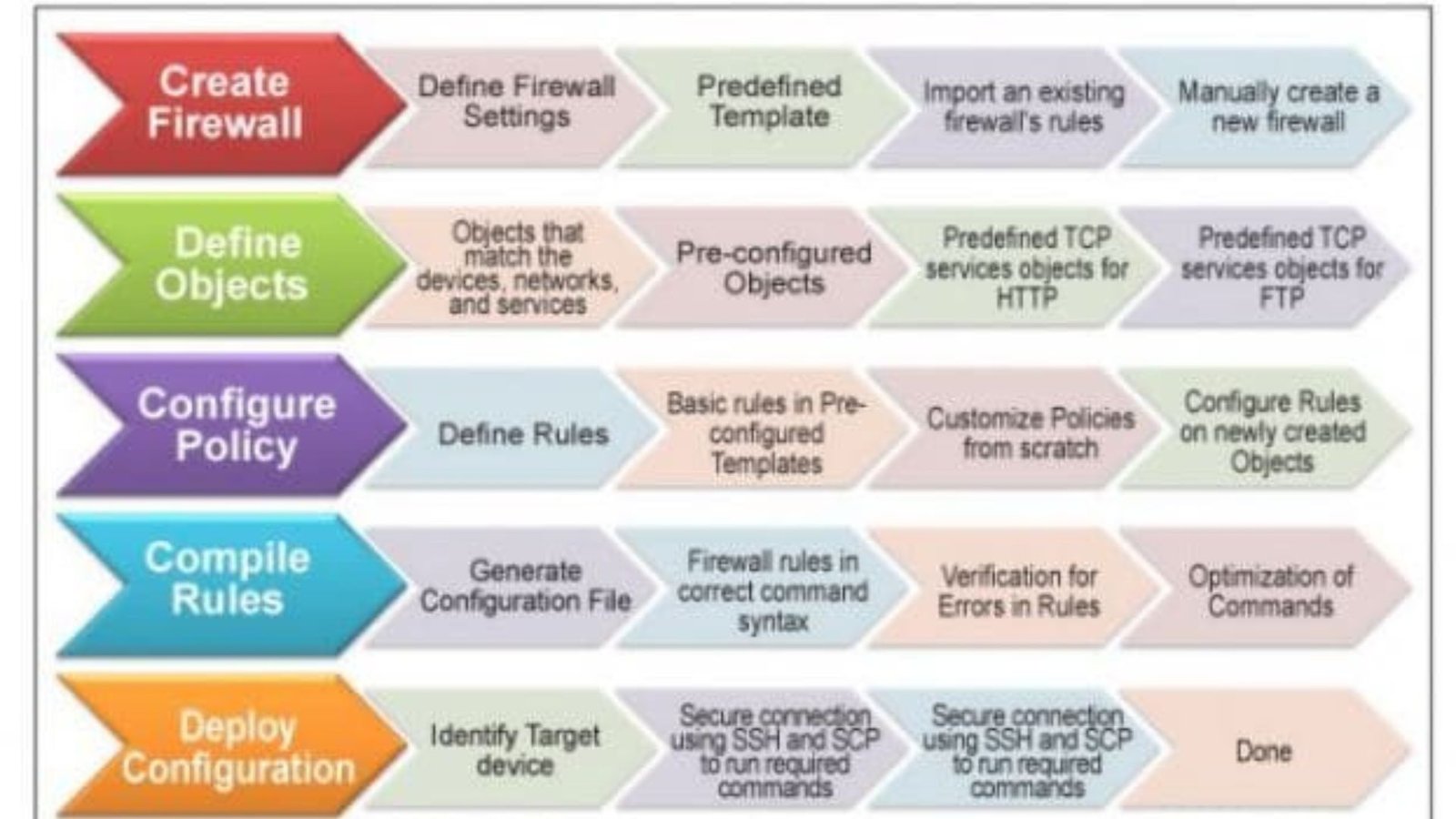Understanding Firewalls
Firewalls are network security devices that control incoming and outgoing traffic. They act as a barrier between your internal network and the external world, blocking unauthorized access while allowing legitimate communication. Firewalls can be hardware, software, or a combination of both, and they focus primarily on network-level security.
Understanding Antivirus Software
Antivirus software is designed to detect, prevent, and remove malicious software, such as viruses, worms, and Trojans. Unlike firewalls, antivirus programs operate at the device level, scanning files, applications, and emails for threats. They rely on signature-based detection and heuristic analysis to identify and neutralize malware.
Key Functions of Firewalls
Firewalls serve several crucial functions in network security:
- Traffic Filtering: They filter network traffic based on predefined security rules, blocking potentially harmful data from entering the network.
- Access Control: Firewalls control which users and devices can access specific parts of the network, enforcing security policies.
- Monitoring and Logging: Firewalls monitor network activity and log suspicious events, providing valuable information for identifying and responding to threats.
Key Functions of Antivirus Software
Antivirus software offers a range of protective functions:
- Malware Detection and Removal: It scans files, emails, and applications for malicious code, quarantining or deleting threats.
- Real-Time Protection: Antivirus programs continuously monitor for new threats, blocking malware as soon as it is detected.
- System Scans: Regular scans help ensure that no dormant or hidden threats are present on the system.

How Firewalls and Antivirus Work Together
While firewalls and antivirus software serve different purposes, they complement each other in a comprehensive security strategy:
- Network vs. Device Protection: Firewalls protect the network by filtering traffic and controlling access, while antivirus software safeguards individual devices by detecting and removing malware.
- Layered Defense: Combining both provides a layered defense, reducing the likelihood of successful cyber attacks.
Choosing the Right Protection
When deciding between a firewall and antivirus software, consider your specific security needs:
- For Network Security: Firewalls are essential for controlling network traffic and protecting against external threats.
- For Device Security: Antivirus software is crucial for detecting and removing malware on individual devices.
- Combined Approach: For comprehensive protection, use both a firewall and antivirus software to cover all bases.
Conclusion
Firewalls and antivirus software play distinct but complementary roles in cybersecurity. Firewalls focus on network security by filtering traffic and controlling access, while antivirus software targets malware on individual devices. Together, they form a robust defense against a wide range of cyber threats.











